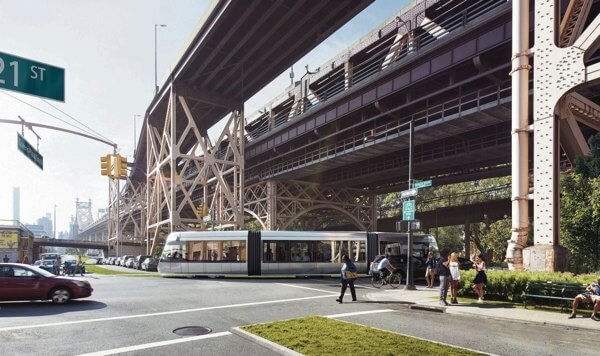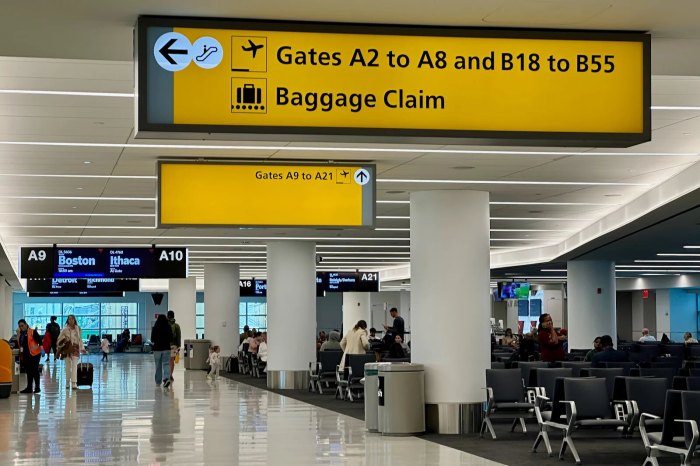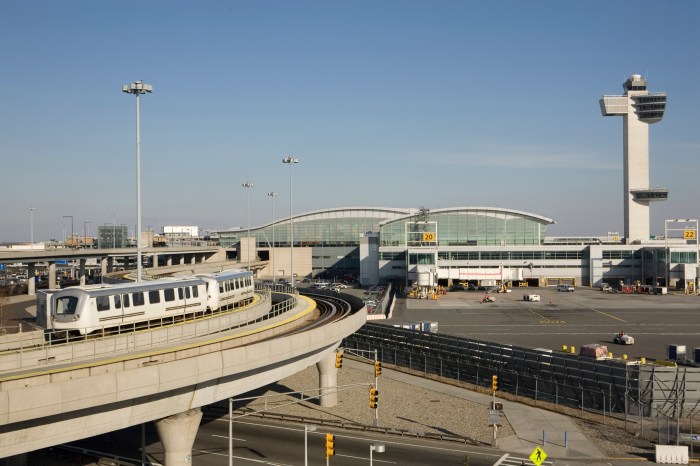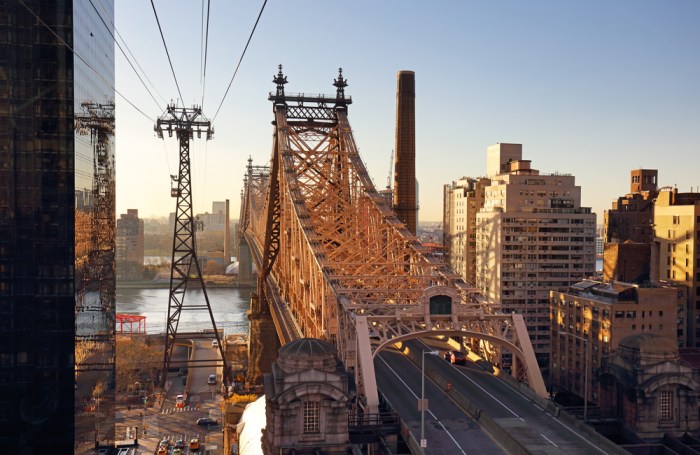By Bill Parry
The Brooklyn-Queens Connector may have derailed in its planning phase. Mayor Bill de Blasio conceded Monday night that funding issues could shelve his proposed street car system, known as the BQX, which would run 16 miles along the waterfront from Astoria to Sunset Park, Brooklyn.
When the mayor first presented his plan for the $2.5 billion project in February 2016, saying the project would pay for itself by capturing rising property values, state Assemblywoman Aravella Simotas (D-Astoria) called it a bold idea with a lot of promise. But she then warned “we all know the devil is always in the detail.”
Now a confidential memo sent from the “BQX Project Team” to Deputy Mayor Alicia Glen in February, leaked to Politico, a political news website, suggested the BQX may not be financially feasible.
“We believe this is a vision that can work and can work on time,” de Blasio told Errol Lewis on NY1. “But if it turns out, Errol, that upon further analysis we think there’s a funding gap, I’m going to be very open about that and that’s going to beg the question, how should we proceed? And we’ll cross that bridge when we come to it.”
The memo listed serious challenges facing the plan, primarily the financial model.
Rising property values are “not providing sufficient revenue to fund the entire project as originally stated,” the memo notes.
“We said from the very beginning we have to confirm the theory that, like the No. 7 train extension to the West Side of Manhattan, that the increase in property taxes, the recipes we got on property taxes could cover the cost, because again this would be funded solely within the city, not via the MTA,” de Blasio said. “That analysis was a point in time, it’s far from the complete analysis. I believe in the end we’re going to find that the original vision does work and we’re going to move forward on the existing timetable.”
The memo states that moving utilities to make way for the tracks is costlier than originally thought.
“Utility relocation continues to be the biggest single cost factor and if policies cannot be implemented to limit the impact, it has the possibility to make the project unaffordable and render implementation time lines unfeasible.”
The memo also mentions negative feedback from the community and stakeholders on the impacts of reducing space for private vehicles and the overall reduction of parking availability along the corridor. City Hall said the memo should not be framed as a decision or even a recommendation, but rather a survey of options and an update on the most current information.
“This is as nitty-gritty a study as anyone can do. We’re costing out the price of moving specific water mains, and estimating tax revenue from individual lots along the route,” de Blasio spokeswoman Melissa Grace said. “The numbers change constantly, and that study has to be completed so we can move ahead. The project will improve transportation for hundreds of thousand of people and we continue to work to move it forward.”
Ya-Ting Liu, the executive director of The Friends of the Brooklyn-Queens Connector, a nonprofit that developed the original plan for the system, still believes in the project.
“The BQX will provide a vital new transportation option to transit-starved residents along the waterfront, including 44,000 New Yorkers who live in public housing,” she said. “Given the BQX’s importance to the communities it will serve, it’s heartening that the city is putting so much work into studying all the details.”
Reach reporter Bill Parry by e-mail at bparr




































